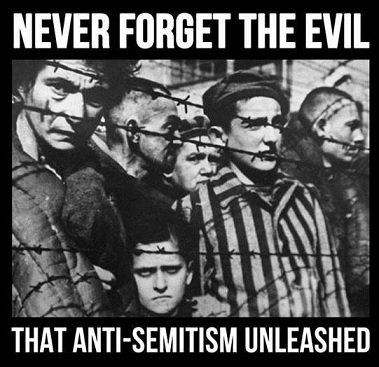Euphemisms and collective guilt for perceived crimes are hallmarks of antisemitic rhetoric throughout history.
“They didn’t say death to Jews, they said death to the enemies of the cross.” — Strasbourg (France), 1348
“They didn’t say death to Jews, they said death to the poisoners of the wells.” — Basel (Switzerland), 1349
“They didn’t say death to Jews, they said death to the New Christians.” — Spain, 1492
“They didn’t say death to Jews, they said death to the Marranos who mock our faith.” — Lisbon (Portugal), 1506
“They didn’t say death to Jews, they said death to the money-changers bleeding the people.” — Frankfurt (Germany), 1614
“They didn’t say death to Jews, they said death to the traitors within.” — Odessa (Ukraine), 1881
“They didn’t say death to Jews, they said death to the capitalist pigs.” — Berlin, 1919
“They didn’t say death to Jews, they said death to the rootless cosmopolitans.” — Moscow, 1952
“They didn’t say death to Jews, they said cleanse the party of Zionist elements.” — Warsaw, 1968
“They didn’t say death to Jews, they said death to the Zionist regime.” — Tehran (Iran), 1979
"They didn't say death to the Jews, they said Khayber Khayber, ya Yahud." — London, 2023
"They didn't say death to the Jews, they say death to the settler colonialist occupiers." — London, 2025
